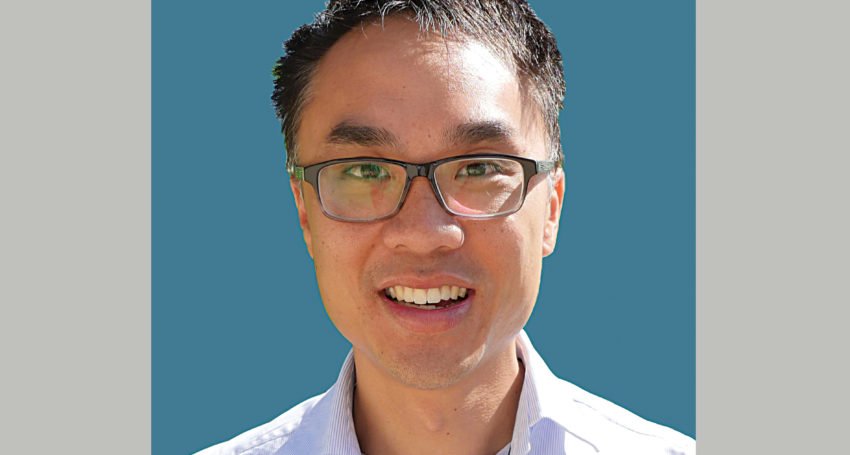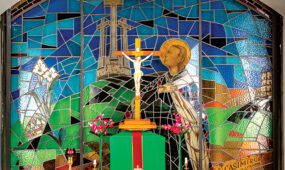Disciples to change future of Church
Local
Changing the culture of parishes to support “discipleship” is one of the primary challenges facing the Catholic Church in Australia, an Adelaide gathering was told earlier this month.

Presenting the annual oration of the Friends of the Ministry Formation Program, Daniel Ang, who is director of the Office for Evangelisation in the Catholic Diocese of Broken Bay, described the effectiveness of parishes in “making disciples” as the “elephant in the room”.
“The gradual decline of parish life, the issues of ministry succession and a shortage of willing volunteers, the scant uptake of our faith formation opportunities and programs, and even the modesty of financial giving confirms that many Catholics have not yet made Christ the overwhelming centre, meaning and dynamism of their life,” he said.
Advertisement
“These issues may also be relevant to our schools. Whether it is school enrolment or our sacramental practice, we have been traditionally more concerned with issues of validity rather than the fruitfulness of our efforts.
“As Pope Francis has accented in line with tradition, an evangelising parish should above all be focused on fruit.
“This ‘fruit’ for our parishes is the spiritual and personal change of its members. We know that the Church is called by God to work towards the transformation of the world so that it reflects more and more of God’s Kingdom or God’s reign. This Kingdom comes about when people encounter Jesus, surrender, and make the decision to follow – when they become His disciples and then go out to transform the world.”
Mr Ang said as the Church looked to a renewed future, it was important for schools and parishes to communicate their “vision” which would help provide the impetus for change.
“The alternative…is a community standing in the silence of an unquestioned routine. The lifeblood of the community might occasionally receive a boost or uptick through the initiative of individuals or the occasional event, but without a sustained vision to consistently stimulate a higher life, the pulse of the community inevitably slows and returns to maintenance, to the pace of survival rather than growth.
“While no substitute for the local parish, it must be acknowledged that the ecclesial movements in their charism and narratives of holiness have shown us the power of a story to tell, as do the saints, those ‘bright patterns of holiness’ who image or supply a vision for the divine touching human lives.”
To illustrate the priority of “active discipleship”, Mr Ang spoke of the changes to the sacramental preparation of children in his home parish of St Bernadette’s in Castle Hill, Sydney.
“We introduced four weeks of parental preparation for entry into the sacramental program (the parish celebrated the sacraments of reconciliation, confirmation and Eucharist, all in the one nine-month period),” he explained.
“This formation was focused not on children but on parents who were asked to attend four two-hour sessions – on God and us, God and His Church, God and the sacraments, and living God’s way. Each session was offered three times a week to accommodate people’s commitments, and completion of all four sessions was a requirement of entry into the sacramental program and preparation for the year.
Advertisement
“Of course, in raising this expectation, focused as it was on parents, some did not take to this requirement and looked elsewhere for easier admission to the sacraments which the parishes next door were only too happy to provide.
“However, while some people walked away, it always has to be questioned if this is ever a real loss, for people to lament, in effect, ‘well we’re going to go to another church that we won’t go to’.
“It may well be that the neighbouring parishes accommodated more people in their sacramental program but none of these saw an increase in weekly attendance, more people living faith in the midst of the community, and only increased their administrative workload all the while being disconnected from the living discipleship which is their real and primary purpose.”
Mr Ang referred to St Pope John Paul II’s advice that ‘a faith that does not become a culture is not fully accepted, not entirely thought out, not faithfully lived’.
“Our faith-filled mission ought to impact upon every aspect of life within our parishes and our engagement with those beyond who await a Word of hope, the Word we know as Jesus.”








Comments
Show comments Hide comments